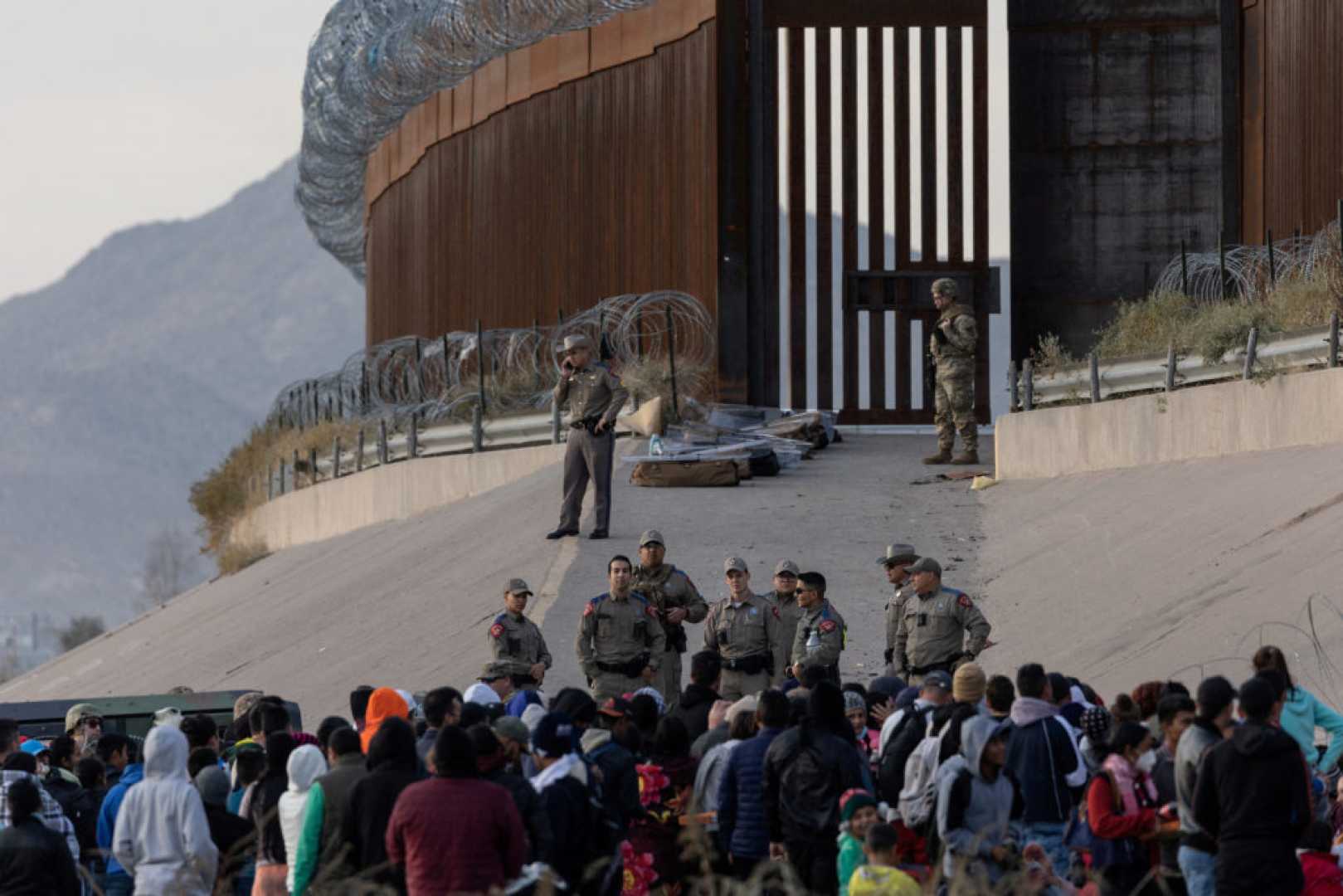News
U.S. Implements New Immigration Restrictions Amid International Tensions

WASHINGTON, D.C. — The Biden administration has announced new immigration restrictions targeting nationals from specific countries, raised amid escalating international tensions and peacemaking efforts in the Middle East.
In a proclamation signed on June 4, 2025, President Donald Trump declared that the U.S. will halt the entry of nationals from twelve countries, including Afghanistan and Iran. The aim is to safeguard national security amid ongoing threats of terrorism.
As part of the initiative, Secretary of State Marco Rubio emphasized that the U.S. will remain vigilant during the visa application process to prevent individuals intending to commit acts of terrorism from entering the country. Acting on recommendations from national security advisors, the restrictions attempt to prevent potential risks posed by nationals from countries with insufficient vetting procedures.
The new restrictions particularly affect travelers from nations like Yemen and Libya, who have been identified as lacking effective identity-management protocols. “We must protect Americans and maintain the integrity of our immigration laws,” Rubio stated during a press briefing.
In response to the announcement, foreign governments have expressed concern over the U.S. stance, calling for a re-evaluation of its policies regarding nationals fleeing difficult conditions in their home countries. Many immigrant advocates argue that the restrictions disproportionately target those in need of protection.
Simultaneously, American Airlines has requested permission from the U.S. Department of Transportation to suspend a number of flights to Cuba, citing a decrease in demand for flights due to the restrictive immigration policies towards Cuban nationals. The airline had previously celebrated establishing routes to connect Cuban families but now faces challenges that could disrupt these connections.
The announcement comes in a sensitive geopolitical climate, as ongoing discussions around peace in the region gain traction. The administration continues to emphasize its commitment to international alliances while balancing immigration efforts.
While the White House has not released detailed information on how these changes will specifically affect visa processing times, officials urge clarity and compliance regarding new regulations. Diplomats and human rights advocates alike await further developments as the situation evolves.
As the travel and immigration landscape shifts under these new policies, many individuals and families will feel the immediate impact while the administration navigates complex international relationships.












